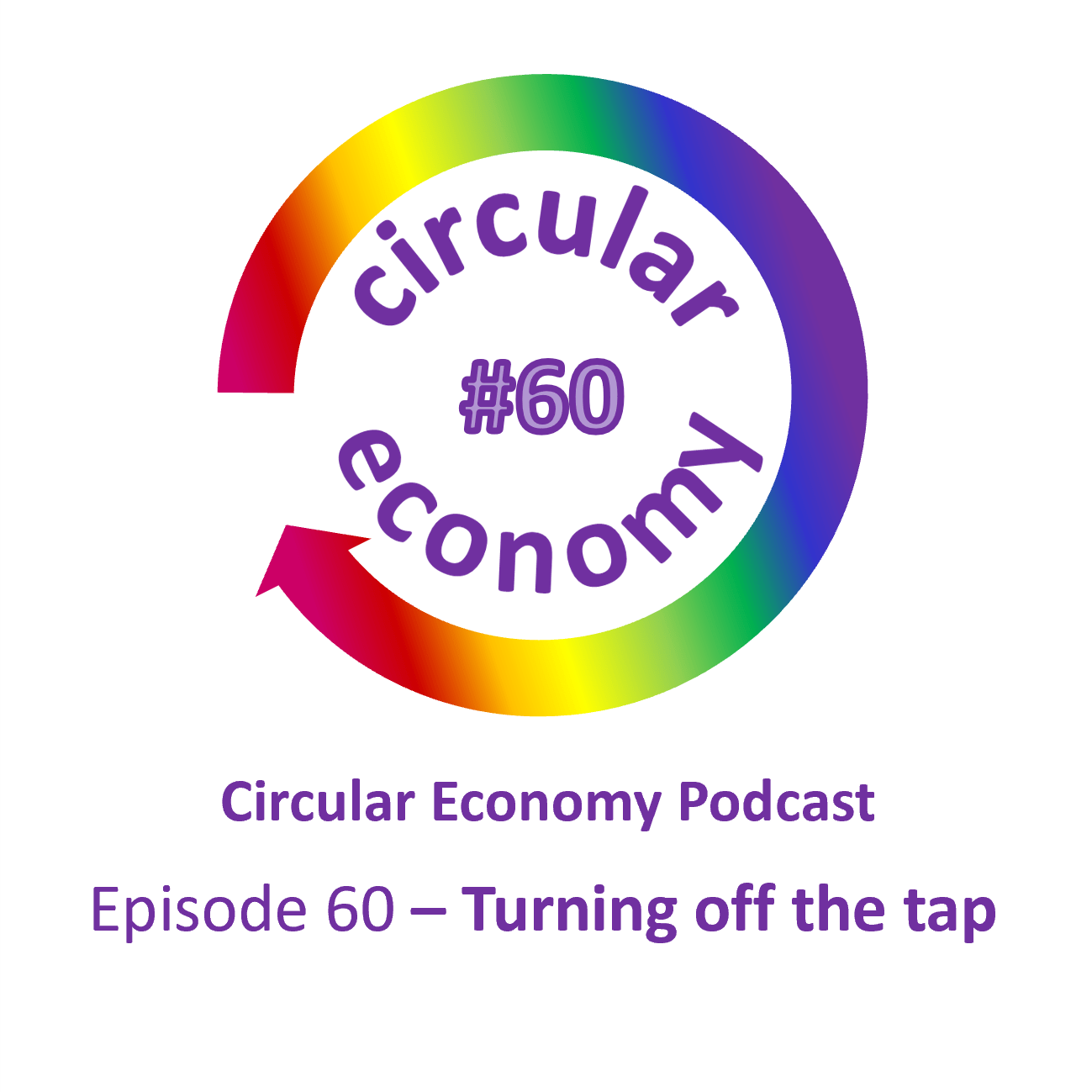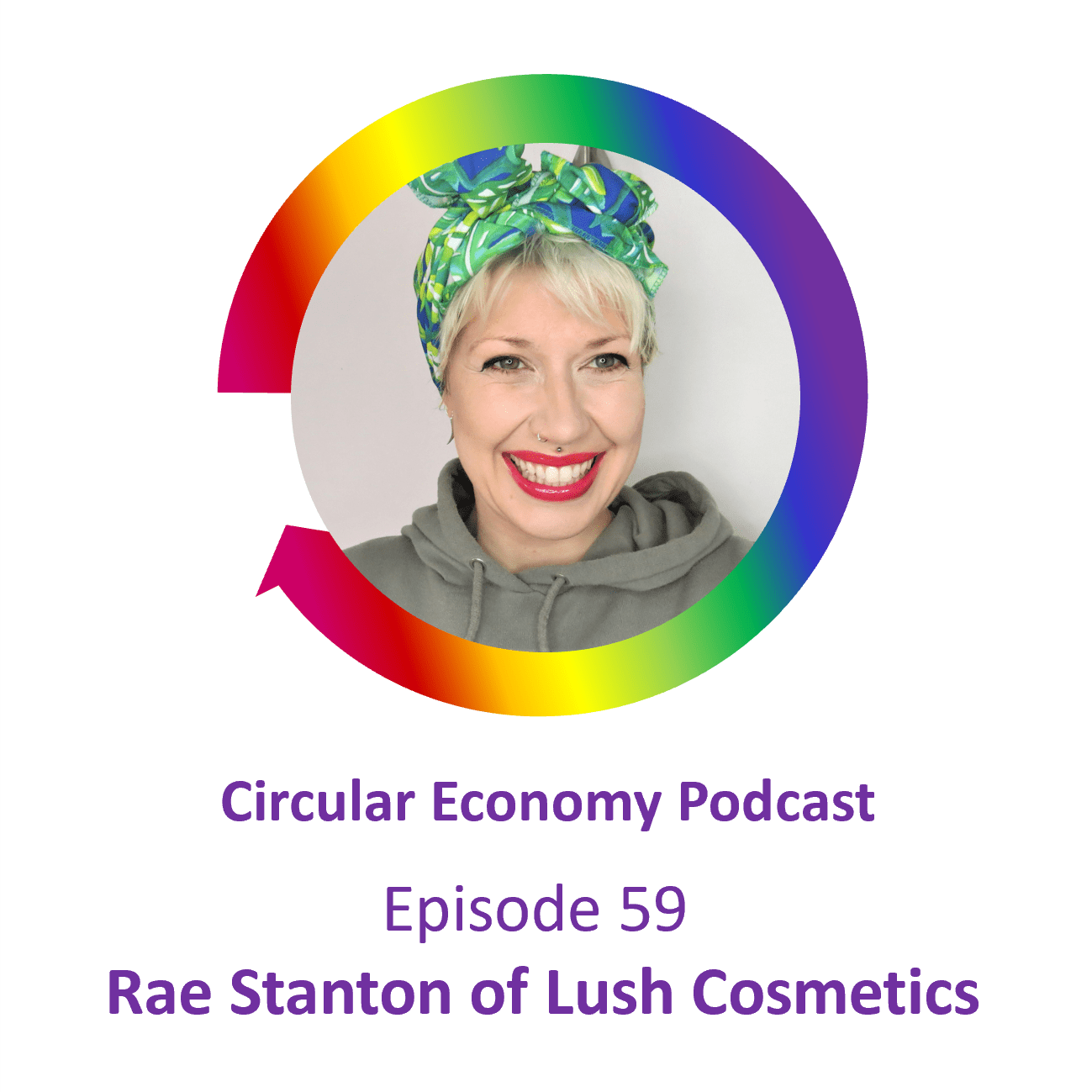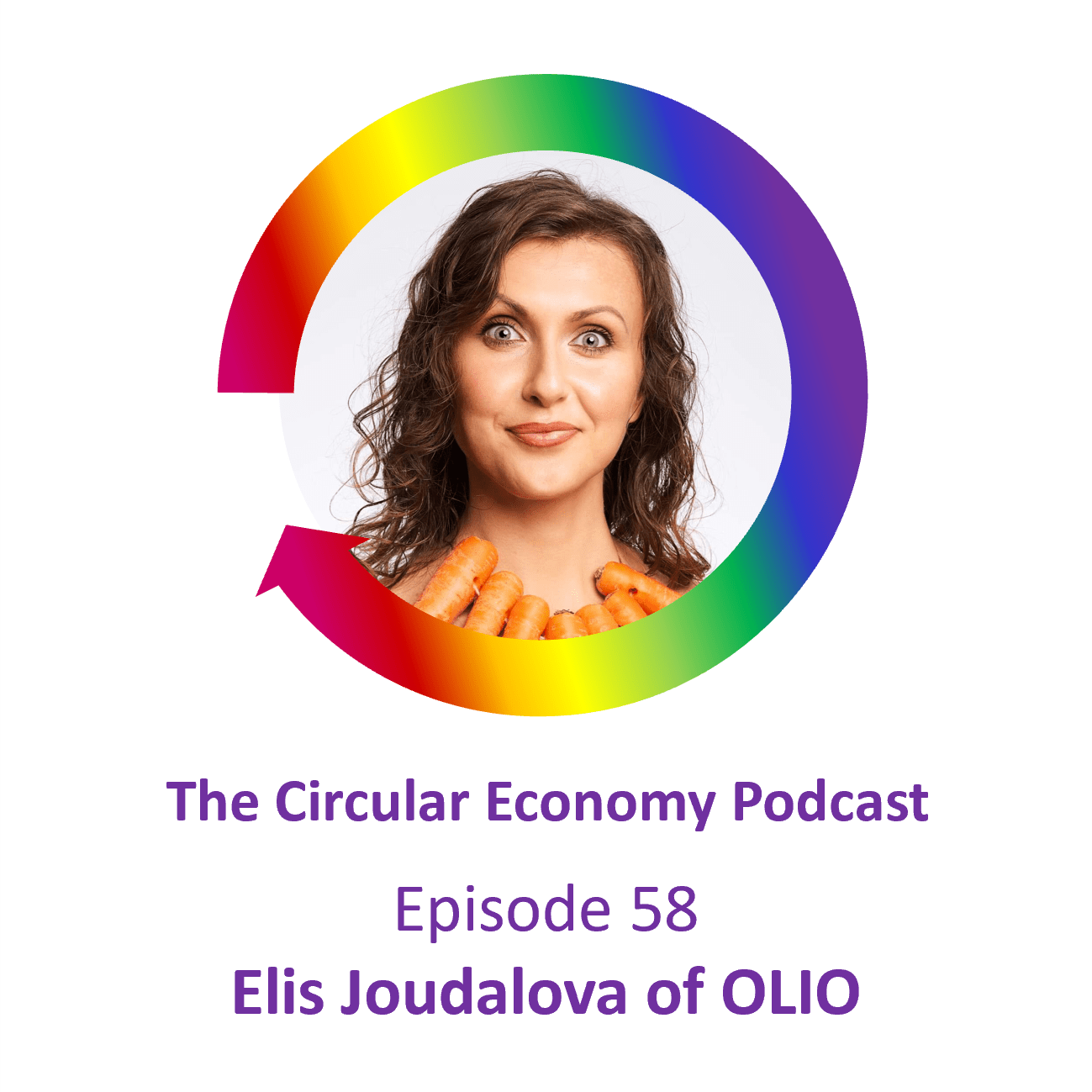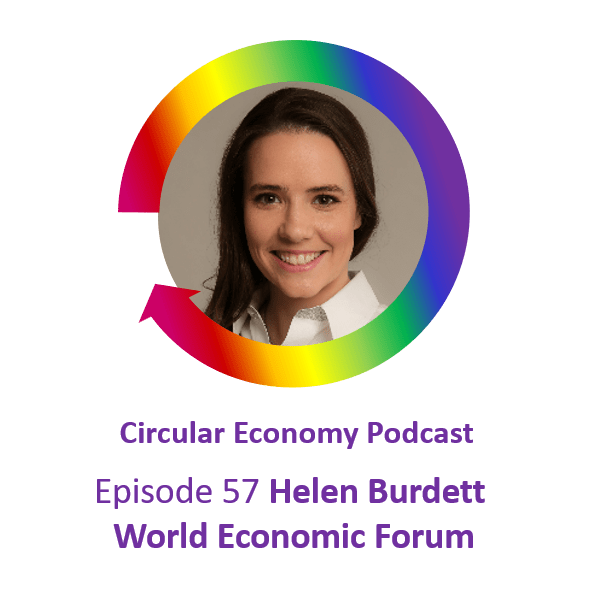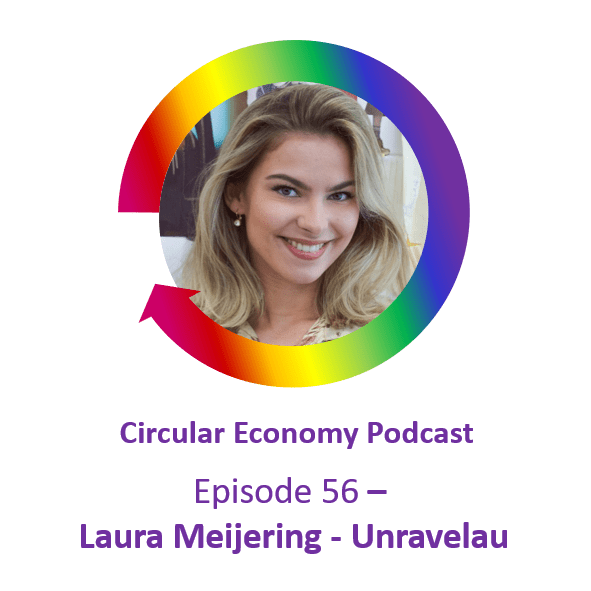Podcast: Play in new window | Download
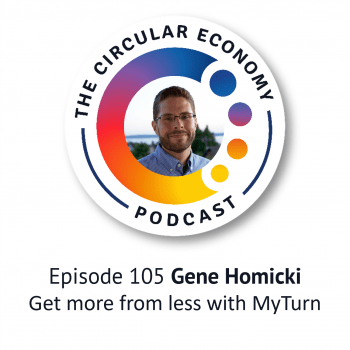
We’re going to hear about some amazing software that helps with the 2nd of the 3 key circular strategies Catherine Weetman advises people to use… getting more, from less. Finding ways to get more use out of under-utilized objects can have big benefits, especially by reducing costs.
When we think about it, there are probably lots of things – both tools and toys – that we don’t use all day, every day. Sometimes we only use these things once or twice a year! But often, we want to be sure we can have access to that equipment, or that product, whenever we want. Those needs might be planned, say for camping equipment, or unplanned – like repair tools.
Today, we’ll hear from Gene Homicki, founder and CEO at MyTurn, a B2B platform that transforms idle equipment into value. MyTurn helps organizations to optimize asset usage, reduce waste, and generate revenue by making it easy to offer rental, lending, and product subscription services.
Gene is a serial entrepreneur and technology strategist who is dedicated to advancing the circular economy and sustainable systems. Over his career, he’s led teams delivering cutting-edge solutions for organizations like SEGA, ABC News, The Economist, and the National Science Foundation.
Gene co-founded the West Seattle Tool Library which has helped provide affordable access to thousands of people in the community. After seeing how much stuff people had in closets, garages and storage (while others had too little) and knowing that businesses, universities and governments had even more assets sitting idle, Gene founded myTurn.
MyTurn’s customers include businesses, communities, universities, and public sector organizations, and it is a for-profit public benefit corporation.
MyTurn’s platform has a wide range of features, from admin dashboards to online marketplaces, helping organizations of all shapes and sizes to identify and rent underutilized tools, equipment and other resources – either within the organisation, or by collaborating with others.
MyTurn’s customers are seeing big benefits from this circular solution, often increasing product reuse by 10 to 100 times compared to traditional ownership.
Podcast host Catherine Weetman is a circular economy business advisor, workshop facilitator, speaker and writer. Her award-winning book: A Circular Economy Handbook: How to Build a More Resilient, Competitive and Sustainable Business includes lots of practical examples and tips on getting started. Catherine founded Rethink Global in 2013, to help businesses use circular, sustainable approaches to build a better business (and a better world).
Stay in touch for free insights and updates…
Read on for a summary of the podcast and links to the people, organisations and other resources we mention.
Don’t forget, you can subscribe to the podcast series on iTunes, Google Podcasts, PlayerFM, Spotify, TuneIn, or search for “circular economy” in your favourite podcast app. Stay in touch to get free insights and updates, direct to your inbox…
You can also use our interactive, searchable podcast index to find episodes by sector, by region or by circular strategy. Plus, there is now a regular Circular Economy Podcast newsletter, so you get the latest episode show notes, links and transcript delivered to your inbox on Sunday morning, each fortnight. The newsletter includes a link to the episode page on our website, with an audio player. You can subscribe by clicking this link to update your preferences.
Links we mention in the episode:
- A Circular Economy Handbook: How to Build a More Resilient, Competitive and Sustainable Business – buy from any good bookseller, or direct from the publisher Kogan Page, which ships worldwide (free shipping to UK and US) and you can use discount code CIRCL20 to get 20% off. It’s available in paperback, ebook and Kindle. If you buy it from online sources, make sure you choose the new edition with an orange cover!
- Sign up to get the podcast player and shownotes for each new episode emailed to your inbox
- Gene Homicki on LinkedIn https://linkedin.com/in/homicki
- MyTurn website https://myturn.com/
- MyTurn on LinkedIn https://www.linkedin.com/company/myturn/
- West Seattle Tool Library https://www.wstools.org/
- The Thingery https://thethingery.com/ and have a listen to Ep 28 https://www.rethinkglobal.info/episode-28-chris-diplock-the-thingery/
- Cynthia Reynolds, founder of the Circular Economy Coalition https://circulareconomycoalition.org/ and Circular Regions https://circularregions.org/
Guest bio
Gene Homicki is the co-founder and CEO of myTurn.com, pbc., a B2B platform that transforms idle equipment into value. With features ranging from admin dashboards to online marketplaces, myTurn enables organizations to optimize asset usage, reduce waste, and generate revenue by making it easy to offer rental, lending, and product subscription services.
Gene is a serial entrepreneur and technology strategist dedicated to advancing the circular economy and sustainable systems. Previously, Gene led teams delivering cutting-edge solutions for organizations like SEGA, ABC News, The Economist, and the National Science Foundation.
While living in Seattle, Gene co-founded the West Seattle Tool Library, a community initiative providing thousands of people with affordable access to tools without them having to purchase them. This inspiring project, combined with his broad cross-sector experience, brought to light the issue of underutilized resources and waste is an even bigger issue for businesses and other organizations. This realization sparked the idea for myTurn.
Today, myTurn operates as a global platform embraced by diverse entities such as cities, universities, nonprofits, and enterprises. These organizations are harnessing the transformative power of the circular economy, often increasing product reuse by 10 to 100 times over traditional ownership. Gene’s work through myTurn allows him to align economics with social and environmental responsibility.
Interview Transcript
Click here to open the transcript…
Want to find out more about the circular economy?
If you’d like to learn more about the circular economy and how it could help your business, why not listen to Episode 1, or read our guide: What is the Circular Economy?
To go deeper, you could buy Catherine’s book, A Circular Economy Handbook: How to Build a More Resilient, Competitive and Sustainable Business. This comprehensive guide uses a bottom-up, practical approach, and includes hundreds of real examples from around the world, to help you really ‘get’ the circular economy. Even better, you’ll be inspired with ideas to make your own business more competitive, resilient and sustainable.
Please let us know what you think of the podcast – and we’d love it if you could leave us a review on iTunes, or wherever you find your podcasts. Or send us an email…
Podcast music
Thanks to Belinda O’Hooley and Heidi Tidow, otherwise known as the brilliant, inventive and generous folk duo, O’Hooley & Tidow for allowing me to use the instrumentals from the live version of Summat’s Brewin’ as music for the podcast. You can find the whole track (inspired by the Copper Family song “Oh Good Ale”) on their album, also called Summat’s Brewin’. Or, follow them on Twitter.
